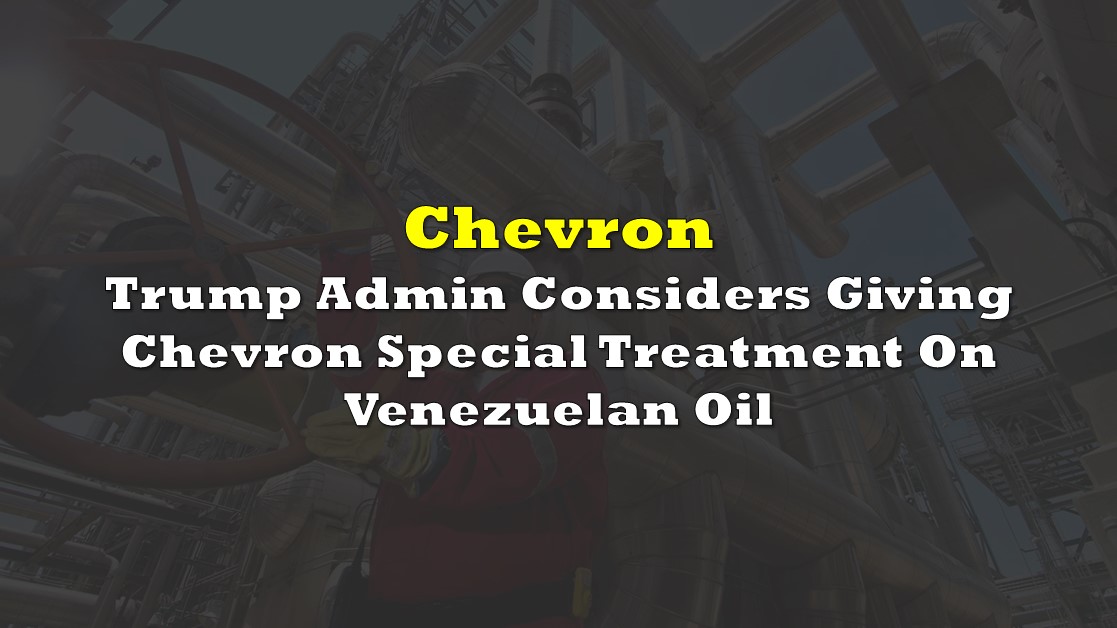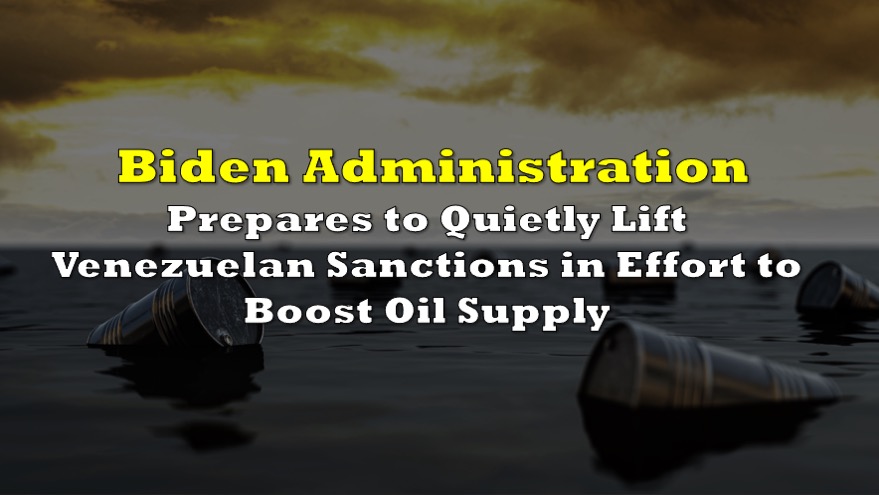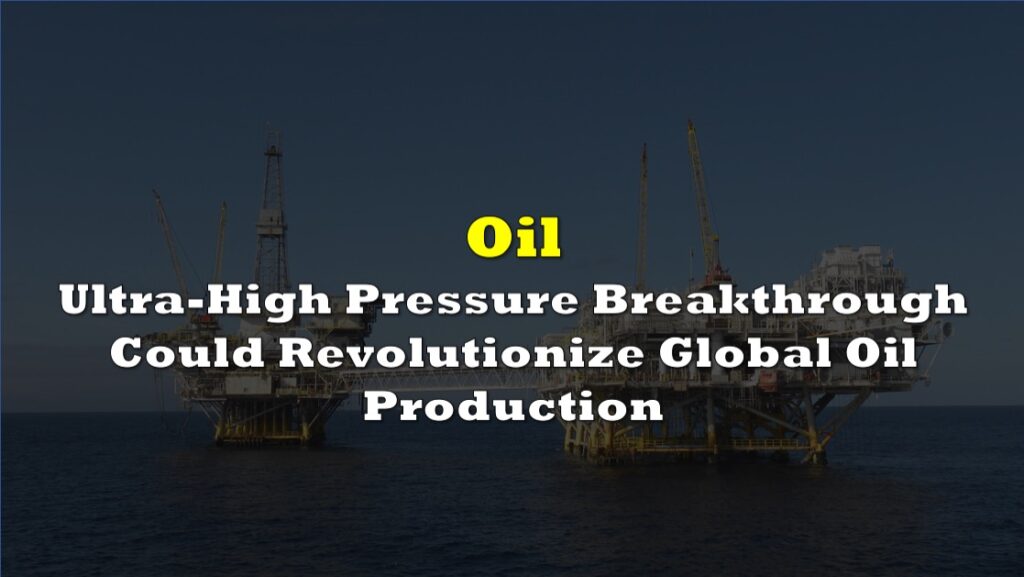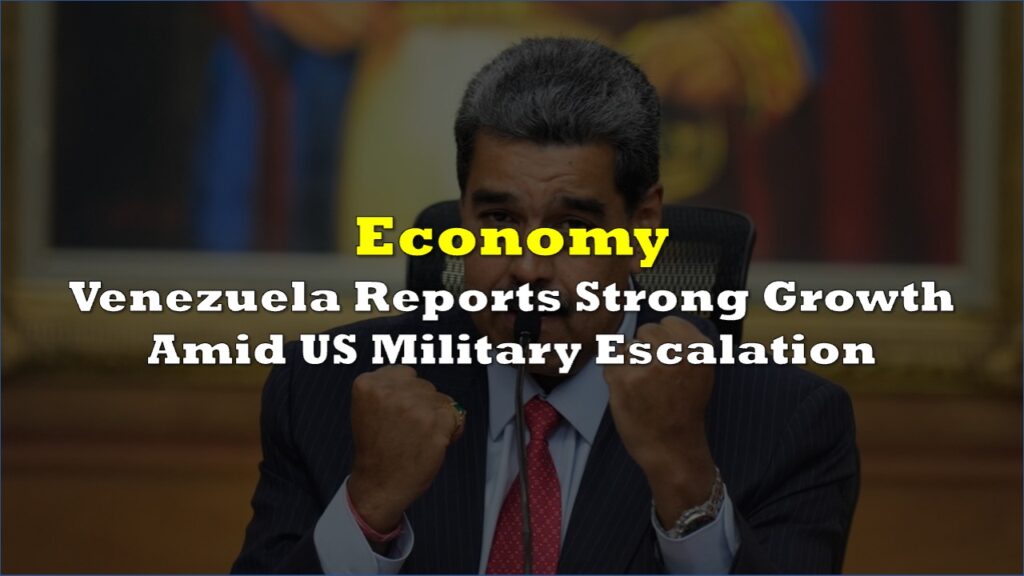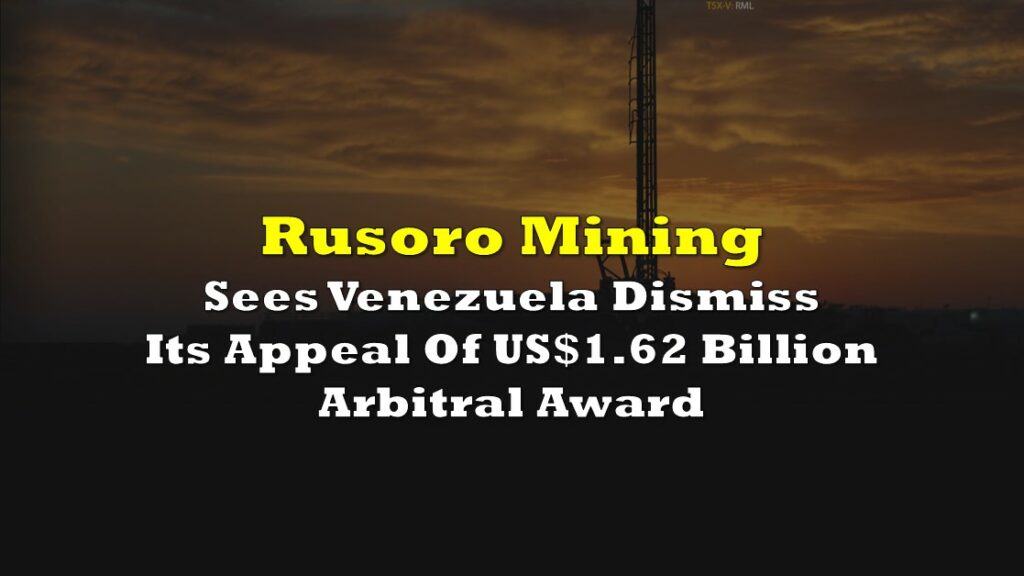The Trump administration is weighing a plan to extend Chevron’s (NYSE: CVX) license to pump oil in Venezuela while imposing financial penalties on other countries doing business with the South American nation, according to sources familiar with the discussions.
President Donald Trump expressed openness to reversing his administration’s recent decision to order Chevron to wind down its Venezuela operations by April during a Wednesday meeting at the White House with Chevron CEO Mike Wirth and other oil industry executives.
As part of the potential license extension, the administration is considering imposing tariffs or other financial penalties on countries purchasing Venezuelan oil. This move aims to complicate efforts by China and other nations to establish a foothold in Venezuela while simultaneously strengthening Chevron’s position and ensuring a steady oil flow to the United States.
Commerce Secretary Howard Lutnick suggested during the meeting, which also included Energy Secretary Chris Wright and Interior Secretary Doug Burgum, that such measures could compel Venezuelan President Nicolas Maduro to engage in negotiations.
The potential reprieve for Chevron follows an intensive lobbying effort led by CEO Mike Wirth in Washington. Wirth held private discussions with members of Trump’s cabinet, including Secretary of State Marco Rubio and Treasury Secretary Scott Bessent, as well as National Security Council staff. During these conversations, Wirth advocated for at least a 60-day extension beyond the April deadline to allow more time for unwinding operations in Venezuela.
However, Wirth has faced skepticism from some cabinet members who are long-time critics of Maduro. Secretary of State Marco Rubio, a vocal opponent of the Venezuelan regime, expressed his view that Chevron should adhere to the April 3 deadline during a Monday phone call with Wirth.
The decision to potentially extend Chevron’s license marks a significant shift from Trump’s February announcement to revoke the permit, which was initially granted on November 26, 2022. Trump cited Maduro’s failure to meet electoral commitments and delays in accepting returned migrants as reasons for the revocation.
Chevron’s operations account for approximately 25% of Venezuela’s total oil production and about one-third of its oil exports. The company has argued that its withdrawal could destabilize the local economy and potentially encourage further migration.
Information for this briefing was found via the Wall Street Journal and the sources mentioned. The author has no securities or affiliations related to this organization. Not a recommendation to buy or sell. Always do additional research and consult a professional before purchasing a security. The author holds no licenses.

